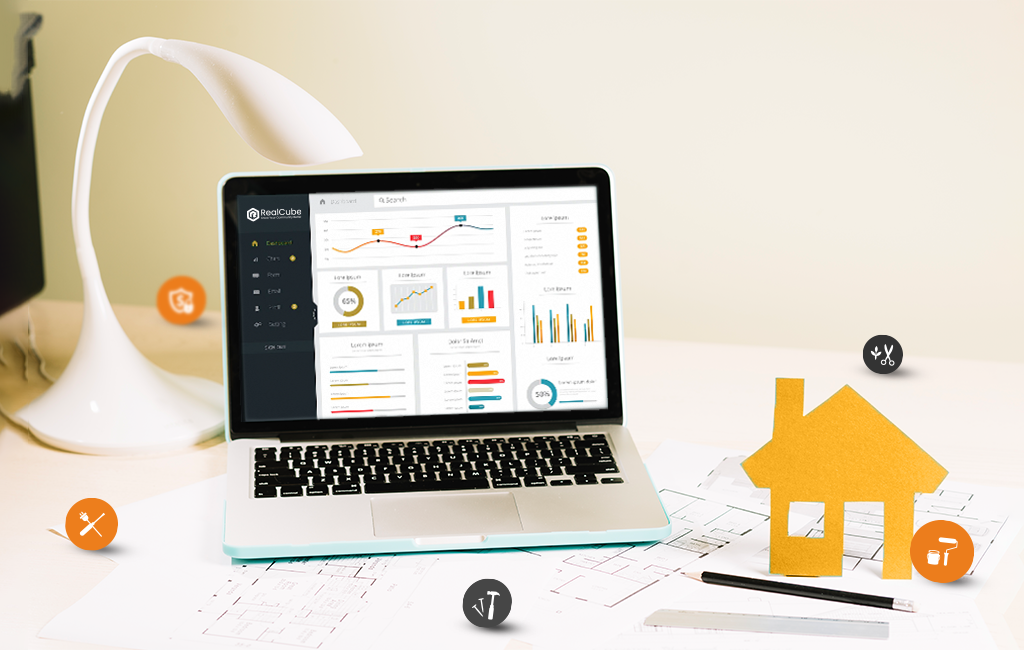


As
a property manager, you are responsible for overseeing a wide range of
activities and ensuring that your property runs smoothly. This includes
managing risks and protecting your property from potential losses. Risk
management is an essential part of any property management strategy, and it is
something that you are expected to take seriously. In this blog post, we will
discuss what risk management is, the different types of risks that property
managers face, and how to develop a risk management strategy for your own
property. We'll also provide tips for mitigating risks and protecting your
investment. So, if you're looking to better protect your property, read on!
Risk
management is a core part of any kind of financial or property planning. It
involves determining what risks could jeopardize an organization's resources
and how to manage them. This includes analysing potential risks, implementing
strategies to reduce or eliminate those risks, and monitoring the outcome of
those strategies. For property managers, financial risk management is essential
in providing stability and minimizing losses associated with unforeseen events
that could potentially arise. By employing techniques such as diversification
and hedging, these risk management strategies can help protect financial
portfolios against losses due to uncertainty. Risk management is therefore an
integral tool for any property manager in providing sound decision-making and
ensuring long-term security for properties under their stewardship.
Property
managers face a number of risks in their day-to-day operations. Financial risk
management is of particular importance as mismanagement can lead to significant
losses or insolvency. As such, what is financial risk management? It is
essentially an act of analysing and then mitigating threats that may lead to
economic losses for the property manager. By identifying the kind of risks
there could be, what impact these risks could have and the strategies that can
be used to mitigate them, property managers can better protect their bottom
lines. Investment capital analysis and diversification are two key components
of a strong financial risk management strategy for property managers.
Developing
a risk management strategy starts with identifying the specific risks that
could affect your property. This includes analysing the financial and insurance
environment, assessing potential liabilities and exposures, and understanding
the local legal framework. Once these risks are identified, you can then devise
strategies to mitigate them. This may include purchasing insurance, setting up
contingencies and establishing safeguards against unforeseen events.
Once
you have identified the risks associated with your property, there are steps
you can take to mitigate them. These include maintaining accurate financial
records of all transactions and activities, implementing operational controls
such as regular inspections or maintenance requirements, and ensuring
compliance with required legal obligations. Additionally, diversifying your
investments can help to prevent risk across various assets, providing a cushion
in the event of unexpected losses. Finally, having an emergency fund and
insurance coverage can provide extra protection against unforeseen events.
Risk
management is an important responsibility borne by a property manager. By
understanding the different types of risks that you may potentially face and planning
and implementing strategies to mitigate them, you can protect your property and
reduce the likelihood of costly damages or accidents.
What
risk management strategies do you have in place for your property? Share your
tips with us in the comments below.
Property management is an essential aspect of a fast-growing industry such as real estate industry,…

Are you looking for an effective and sustainable approach to waste management that can improve the efficiency…

In a rapidly urbanizing world, property managers and developers must be resilient to survive and thrive.…

Are you a property owner or board member of an association that has put its trust in a community management…

Property management isn't what it used to be. The emergence of Proptech solutions has unlocked a range…

The property management industry is undergoing a colossal shift and cloud technology is at the forefront…

Community association managers are responsible for the overall well-being of their community. This includes…

Proptech is on the rise and with good reason. This innovative technology is helping to change the way…

If you're a landlord, then you know that managing properties can be a lot of work. Between collecting…

Are you considering switching property management companies? If so, you're not alone. Many landlords…